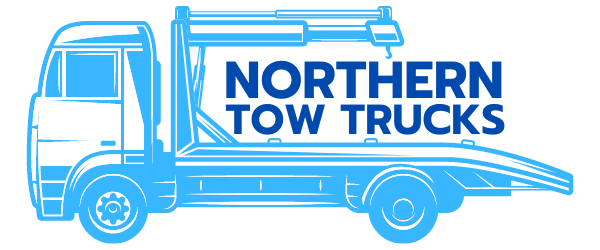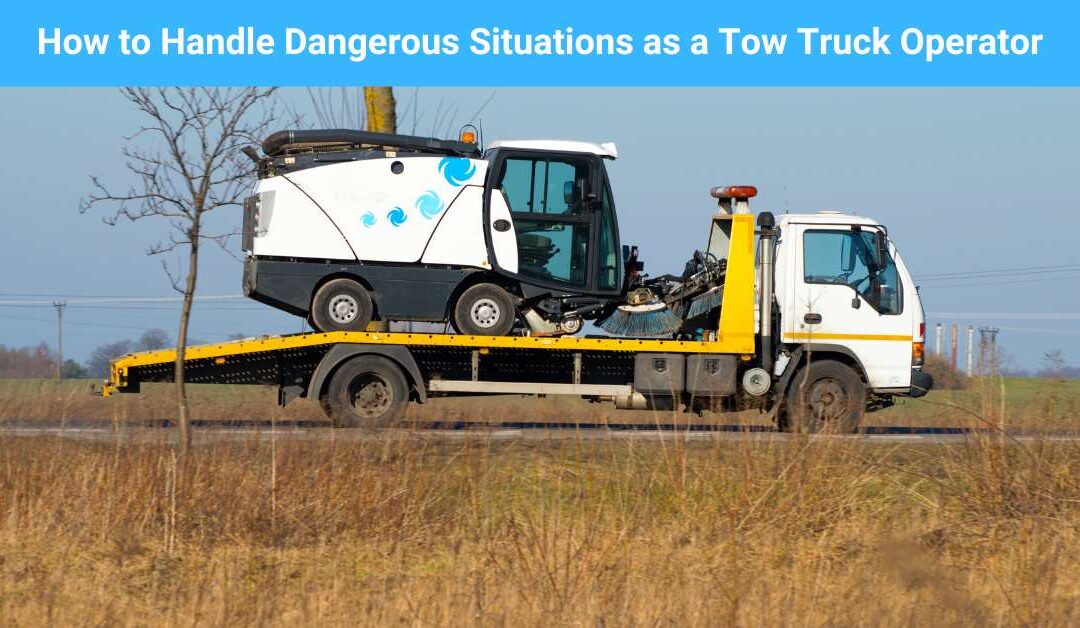Tow truck operators face various challenges on the job, from working in high-traffic areas to dealing with aggressive drivers or hazardous weather conditions. Handling dangerous situations correctly is crucial for ensuring personal safety, protecting the vehicles being towed, and maintaining efficient service. Proper training, situational awareness, and quick decision-making can make all the difference in high-risk scenarios.
Staying Safe on High-Traffic Roads
One of the biggest risks for tow truck operators is working on busy highways or roads where vehicles are passing at high speeds. To minimize danger, drivers should always park their tow trucks in a position that maximizes visibility while protecting the work area. Wearing high-visibility vests and turning on emergency lights can alert other motorists to slow down. Whenever possible, tow operators should use proper lane closures or call for police assistance if the situation is too dangerous.
Dealing with Aggressive or Uncooperative Drivers
Tow truck operators sometimes encounter upset or aggressive drivers, especially in repossessions or accident scenes. It’s important to remain calm, professional, and avoid confrontation. Clearly explaining the towing process and legal requirements can help de-escalate tensions. If a driver becomes physically threatening or refuses to cooperate, it’s best to call law enforcement rather than engage in a dangerous argument.
Handling Vehicle Recoveries in Hazardous Weather
Towing in extreme weather conditions, such as heavy rain, snow, or fog, increases risks for both tow operators and other motorists. Slippery roads and poor visibility require extra caution. Using proper traction equipment, adjusting driving speeds, and ensuring secure towing connections can prevent accidents. In severe conditions, such as flooding or blizzards, waiting for improved weather or requesting additional recovery support may be the safest option.
Preventing Injury When Working with Heavy Loads
Lifting, winching, and securing vehicles require physical effort and careful handling of heavy equipment. Without proper technique, tow truck operators risk injuries such as muscle strains, back injuries, or equipment malfunctions. Following correct lifting procedures, using appropriate towing gear, and regularly inspecting equipment for wear and tear can help prevent workplace injuries.
Knowing When to Call for Backup
Some situations, such as overturned trucks, hazardous material spills, or deep-ditch recoveries, require additional support. Tow operators should recognize when a job is beyond their capabilities and call for assistance from specialized recovery teams or emergency services. Taking unnecessary risks can lead to severe accidents or damage to the vehicles being recovered.
Conclusion
Tow truck operators must be prepared to handle dangerous situations with caution, professionalism, and the right safety protocols. From working in high-traffic areas to dealing with aggressive drivers and hazardous weather, staying alert and following proper procedures can prevent accidents and injuries. Prioritizing safety ensures that tow truck operators can provide reliable services while protecting themselves and others on the road.
Northern Tow Trucks
620 Canning St
Carlton North VIC 3054
(03) 7064 2500

